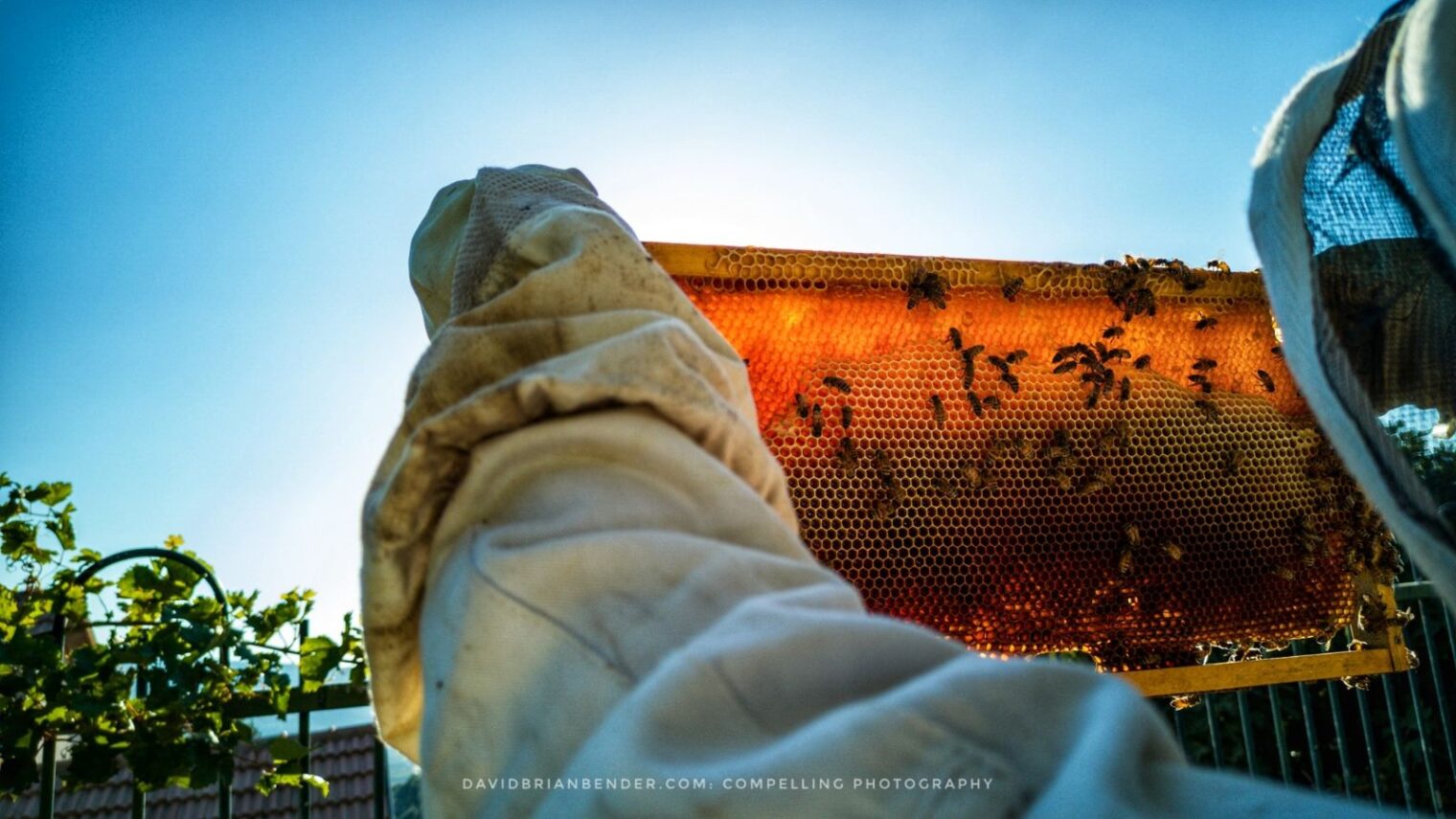When Miri Newcome and Chaya Ben-Baruch met while working at the English-language library in the northern Israeli city of Safed (Tzfat), little did they know that they would make each other’s dreams come true.
Newcome had always wanted to be a beekeeper, while Ben-Baruch was looking for meaningful employment for her children with Down syndrome.
Fast forward a few years, and the two US-born friends found themselves at the helm of Neshikha (from the Hebrew for “kiss”), a small business manufacturing organic honey and beeswax products.
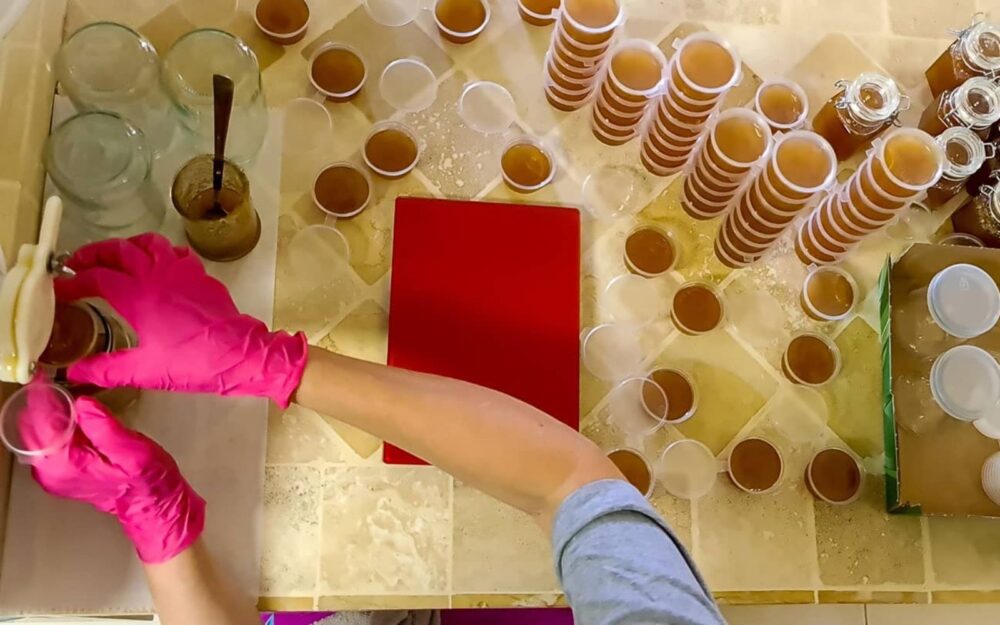
“One of the things that is possibly unique about our friendship is that we actually talk about things and then implement them. We don’t just talk about it. We have a list,” explains Newcome. “Chaya and I shared our list and said,‘We can do that’ or ‘I can help you with that,’ or ‘Here are things that we can do together.’
“I had always wanted to keep bees and I was never in a place permanent enough to undertake it,” she explains. “I said ‘Now is the time, I’m going to start learning about it. My thought behind wanting to be a beekeeper was not about wanting to have honey but understanding that bees are in trouble and see what I can do to help the bees.”
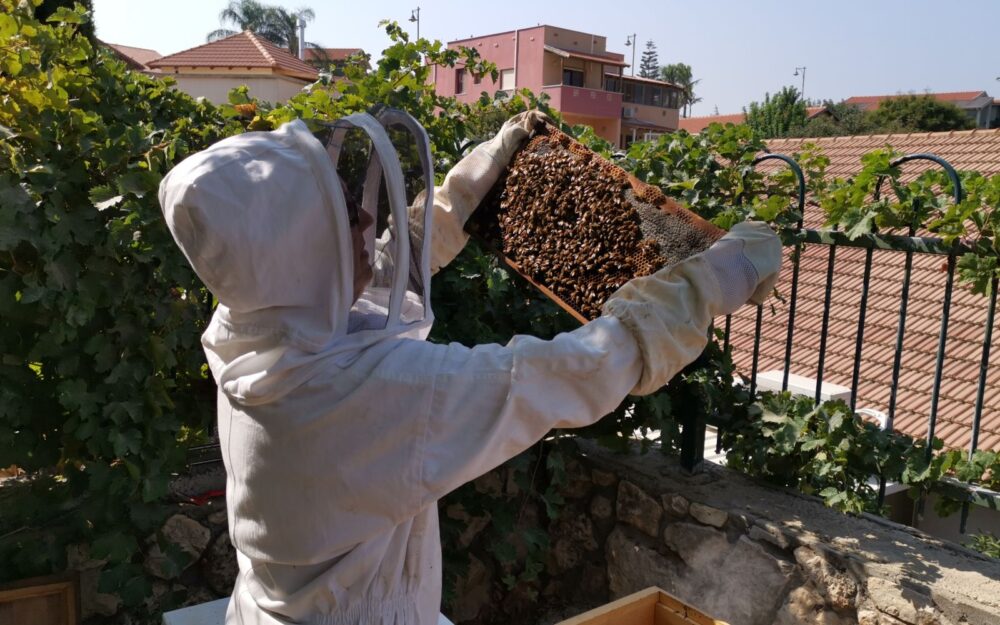
Newcome embarked on beekeeping studies in Israel. At first, she and Ben-Baruch only planned on producing 100 organic lip balms, but one thing led to another and the two now have an extensive range of products.
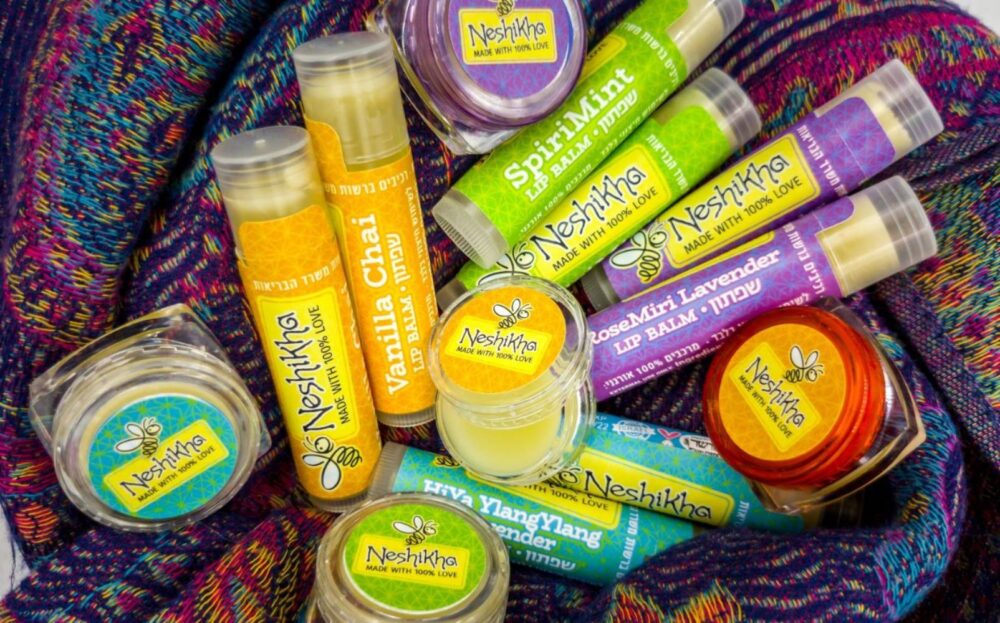
Inclusivity in mind
The company aims to raise awareness for the importance of bees, naturally, but also for the potential of people with special needs like Ben-Baruch’s daughters.
Together with other people with special needs, Keren and Shalhevet Ben-Baruchcontribute to the manufacturing process by pouring the hot beeswax into molds, for example, or sticking on labels designed to make it possible for them to participate in the implementation process. They also contribute their input on the scents, products and packaging.
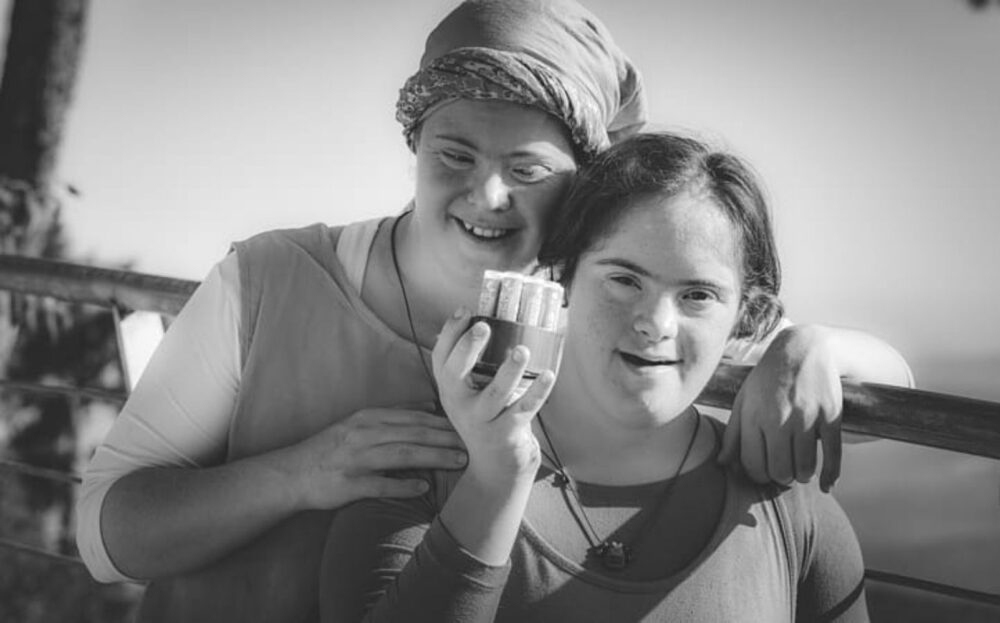
“All of our products are created from start to finish with that inclusivity in mind,” Newcome says. “What smells good to you, what feels good to you, what kind of candle mold would you like to see this season.”
Ben-Baruch adds, “Everything that we make, everything that we produce and everything that we try, we share our message of inclusivity and environmental awareness.”
The beeswax for all the products is sourced from Newcome’s bees, and as such the business is boutique.
“We have a limited amount of honey, because Miri only has X amount of bees that she takes care of,” Ben-Baruch explains. “Miri basically has a relationship with her bees. She takes a personal interest in making sure that they’re as happy as she can make them. She doesn’t mass produce them; each hive has its own unique personality.”
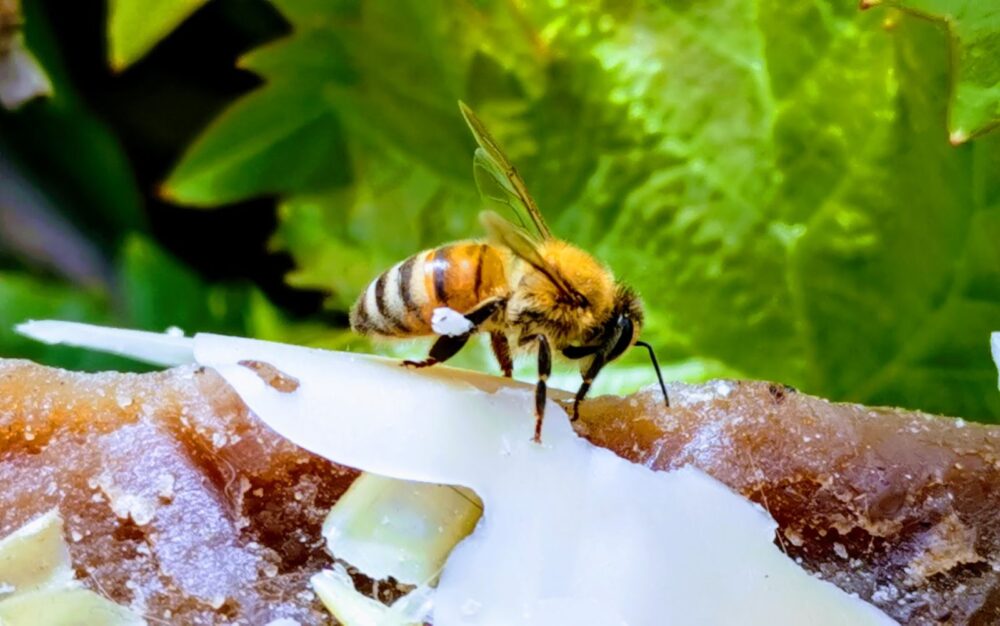
The resulting honey and beeswax go toward Neshikha’s organic honey, beeswax candles, ecological beeswax wrap, gift baskets and lip balms. The latter were decided upon after an extensive R&D process that involved 23 different iterations to reach the right formula.
“People who try it don’t want to use anything else,” Newcome says, noting that “We are really, really picky; we know the sources of all of our ingredients.”
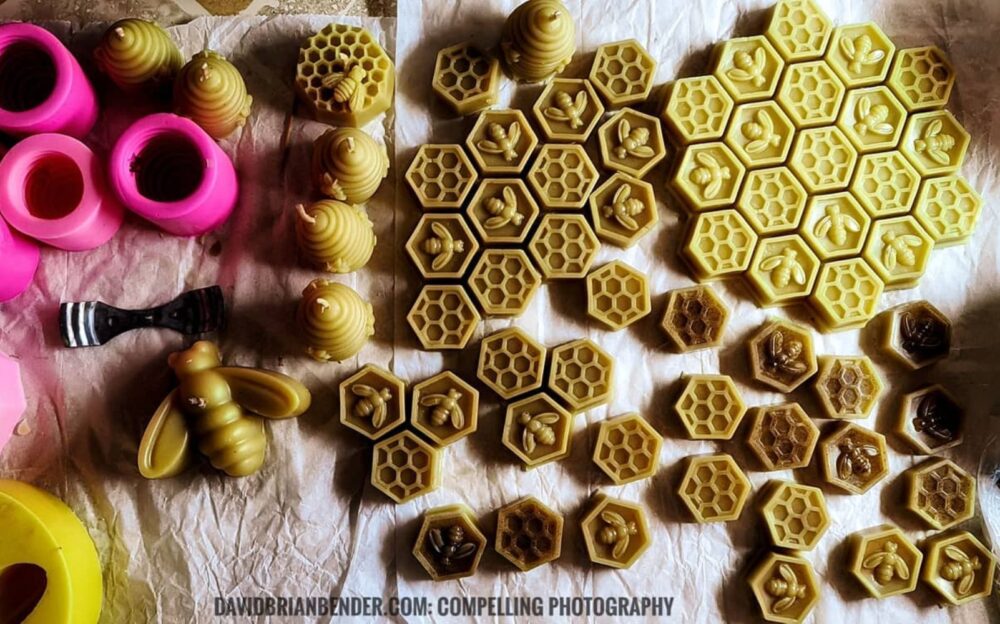
Currently, the Neshikha products are available only online, but the partners – together with Newcome’s husband, Dave Bender – hope to make Neshikha a household name.
They also plan on developing urban hives and accompanying education and tourist programs, as well as becoming a scalable and reproduceable model for inclusivity in the workplace.
“Let’s employ special needs people but let’s not employ them only because they’re special needs, but because they need to have this ownership and stake in what’s going on,” Newcome says. “To have them intrinsically involved in whatever ways they are capable so they can grow that way –and using that as a model to show others. It’s doable and sustainable.”
“We’re also starting to educate people about the bee,” Ben-Baruch adds. “A lot of people don’t understand that if you kill off bees, then you’re not going to have fruits and vegetables and flowers.”
For more information, click here




